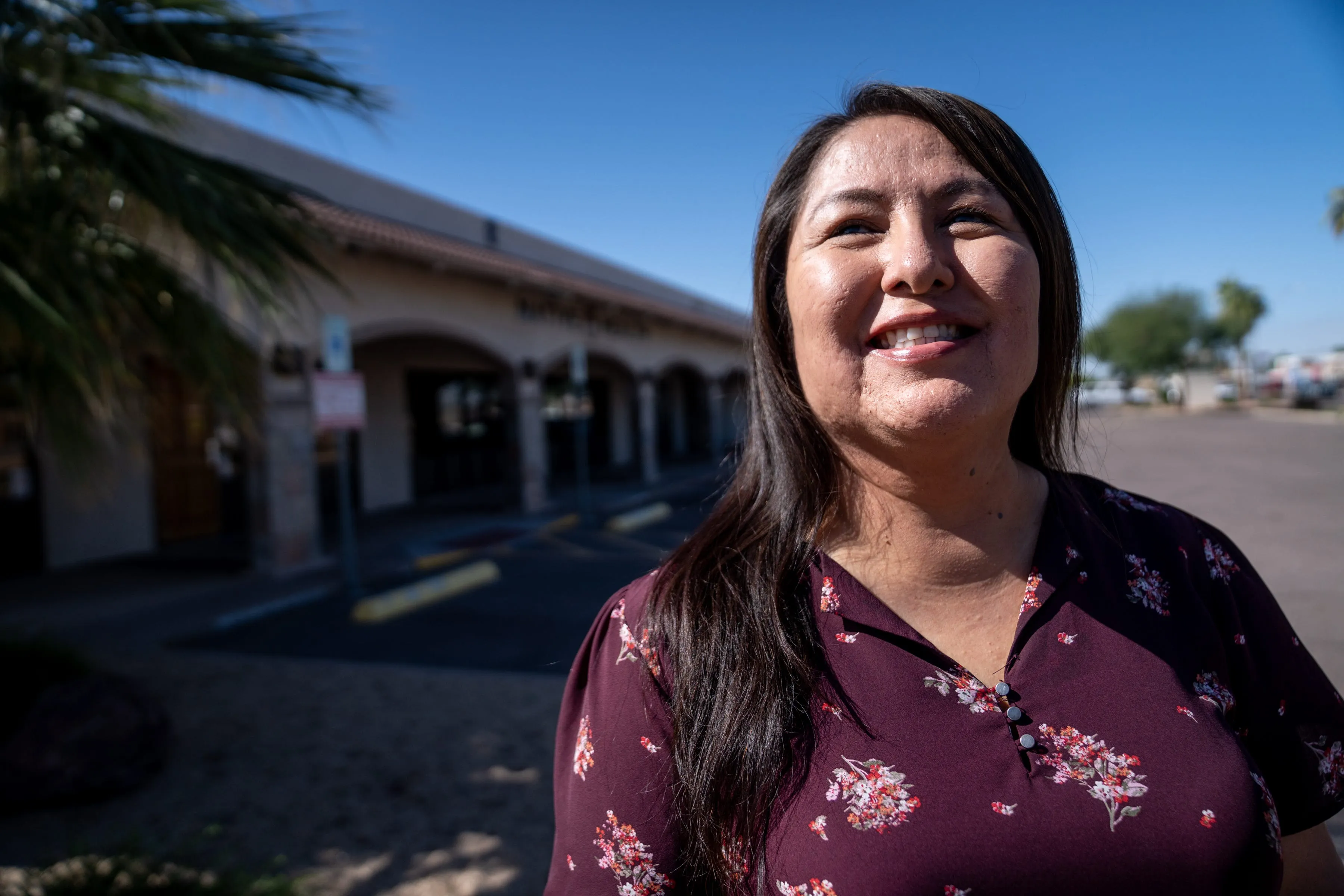Suicide Prevention in Native American Communities: Addressing Stigma and Offering Help

Breaking the Silence on Mental Health
In many Native American communities, discussing suicide remains a taboo. The Navajo Nation is particularly affected by this stigma. To combat these challenges, health advocates are urging local leaders to promote open conversations about mental health.
Effective Suicide Prevention Strategies
- Outreach Programs: Implement community-focused outreach initiatives.
- Education: Provide educational resources about mental health.
- Counseling Services: Enhance accessibility to counseling for troubled youth.
- Peer Support: Encourage peer support groups to foster connection.
Addressing Social Issues and Discrimination
Social issues, discrimination, and identity relations significantly impact mental health in these communities. Health experts recommend actively engaging with community members to diminish the stigma surrounding mental health and self-harm.
Looking Ahead: Future of Mental Health Support
The future of suicide prevention in Native communities relies on collaboration between health advocates, local leaders, and the community. Increasing awareness and providing resources are vital for combating the crisis of youth self-harm and focusing on overall well-being.
Disclaimer: The information provided on this site is for informational purposes only and is not intended as medical advice. We are not responsible for any actions taken based on the content of this site. Always consult a qualified healthcare provider for medical advice, diagnosis, and treatment. We source our news from reputable sources and provide links to the original articles. We do not endorse or assume responsibility for the accuracy of the information contained in external sources.
This article was prepared using information from open sources in accordance with the principles of Ethical Policy. The editorial team is not responsible for absolute accuracy, as it relies on data from the sources referenced.